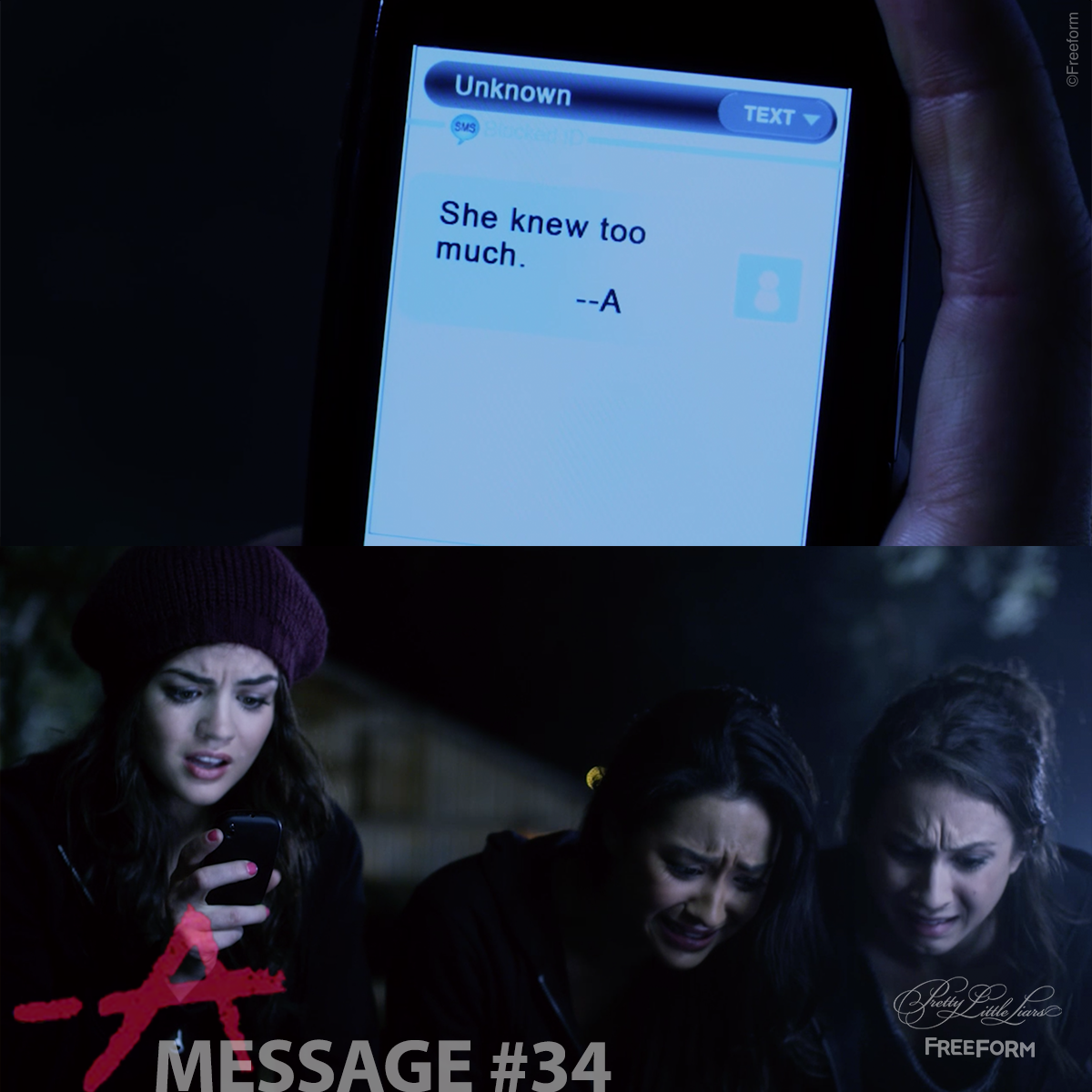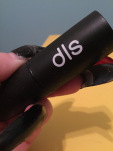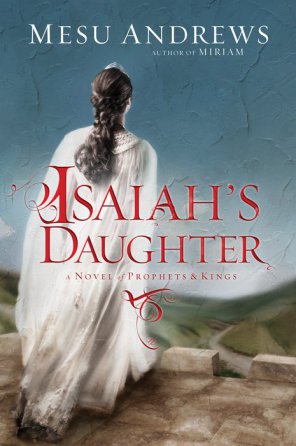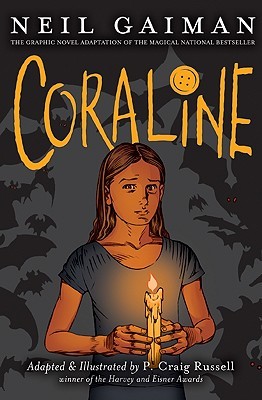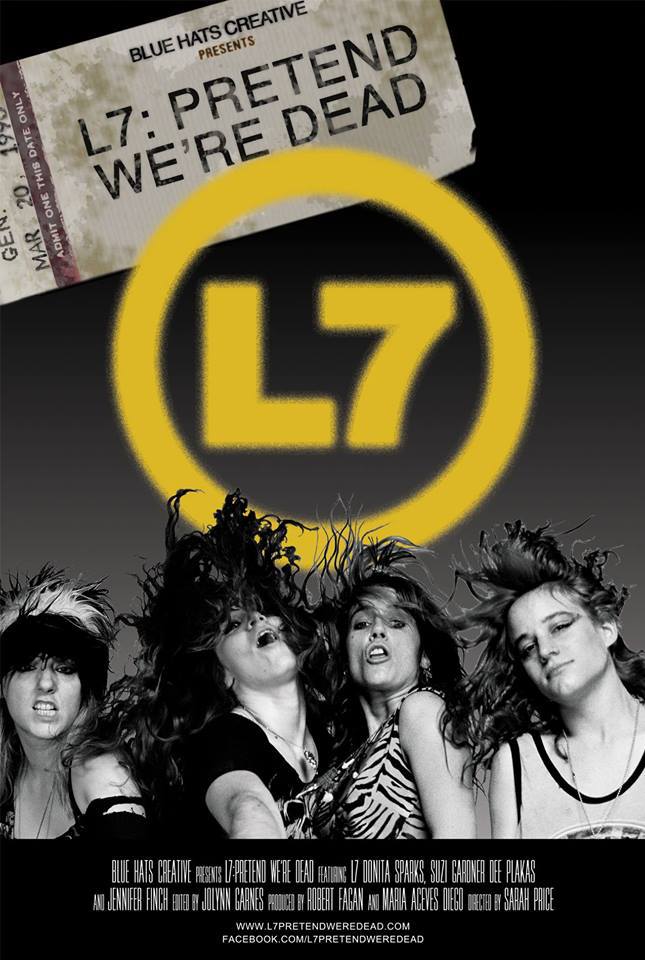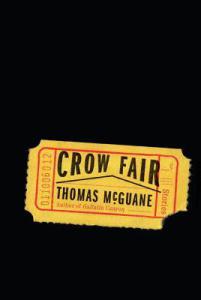 Montana Noir (Akashic Books) turned me on to Thomas McGuane’s compelling “Motherlode” and that sent me to his latest short-story collection, Crow Fair, which also includes that short story. Yes, I read it again. Four times? Five? It keeps on giving.
Montana Noir (Akashic Books) turned me on to Thomas McGuane’s compelling “Motherlode” and that sent me to his latest short-story collection, Crow Fair, which also includes that short story. Yes, I read it again. Four times? Five? It keeps on giving.
I found one other story in Crow Fair on par with “Motherlode,” a taut battle of survival and justice-by-nature in the great outdoors with the understated title “River Camp,” but the entire collection is worth reading.
Montana is the general backdrop, but scrap your Western clichés. McGuane’s characters are real world. They have their feet on the ground, loose as that foothold might be. Horizons are modest, dreams more so. Most McGuane characters accept their meagre lot. Those that push the envelope face consequences for their ambition, such as Dave in “Motherlode.” If all the characters in these stories could get together and compare notes, the collective analysis might suggest it’s a good idea for everyone to keep their head down and stay put. The Montanascape stands in for all-American hard knocks and earthy grit. The titles alone suggest the turf, from “Hubcaps” and “On a Dirt Road” to “The House on Sand Creek” and “An Old Man Who Liked to Fish.”
Bleak? Maybe. Entertaining? Yes. In spots, harrowing. Though for maximum action and story, head to “Motherlode” and “River Camp.”
McGuane’s stories feel so matter-of-fact. The writing is non-flashy; easy-going. Not every story comes with a twist or a jolt ending. McGuane mixes up the moods and flavors. Darkness ebbs and flows. The characters are often loners and misanthropes. Many ponder the next opportunity to pound a couple of “stiff ones.” McGuane doesn’t shine his prose on celebrities or town leaders. Family and economic strife abound. For every flash of upward mobility, as in “Prairie Girl,” there is a whole bunch of sideways and down.
There are story summaries of this collection elsewhere, but for me “Motherlode” is the collection’s, well, gem. Its 28 pages could be 280 if you wanted to blow this up, stretch it out. But McGuane goes for taut (no wonder it fit perfectly in the Montana Noir collection, too.) Like many of the other stories in Crow Fair it’s about rebirth. Our hero Dave, in fact, is very good at grasping (literally) life at birth. He is an expert at “detecting and synchronizing estrus.” After several false career starts and only finishing high school, Dave discovers he is a “genius preg tester.” Dave is so talented, he can detect a fetus at two months, “when the calf was smaller than a mouse.”
Dave’s keen sense of weight in his hands comes in handy when he holds the gun owned by a guy named Ray, who has forced Dave to drive him far out into the countryside to meet a woman in a sort of low-key kidnapping. When Dave gets his chance to hold the gun, he realizes it’s a fake. A prop. At the same time, Dave has a growing feeling that his own life needs a jolt. Dave feels like the only thing he has accomplished in his life is high school.
Ray’s destination is this woman, Morsel. He met her online. She lives with her father Weldon in a “a two-story ranch building barely hanging on to its last few chips of paint.” Dave delivers Ray but hangs around and it slowly dawns on him, especially given the lack of serious threat from Ray’s fake weapon, that he might have been handed an opportunity that he shouldn’t pass up. Morsel is involved in a drug-running scheme that might prove lucrative, selling bootleg OxyContin in the Bakken oil field.
“Motherlode” is compressed. It has been squeezed dry of excess. (I’m only touching on the essence of the plot.) For most part, the dialogue is in brisk snippets. And then Dave and Ray are talking after dinner in their room. Dave has just informed Ray he knows the gun is a fake. Ray seems only mildly concerned that his stunt has been revealed. And then Ray, after returning from taking a leak off the porch, launches into a monologue that is a piece of work. It’s hilarious, sad, colorful, detailed, and imaginative. Ray recounts his erstwhile acting career, right down some stints in community theater, and more adventures, too.
“Got married, had a baby girl, lost my job, got another one, went to Hawaii as a steward on a yacht belonging to a movie star, who was working at a snow-cone stand a year before the yacht, the coke, the babes, and the wine. I had to sign a nondisclosure agreement, but then I got into a fight with the movie star and got kicked off the boat at Diamond Head.”
The monologue opens up Dave’s mind about his own career trajectory and, even as Dave realizes Ray is born liar, the die is cast.
Dave makes a run to cross-country drive to Modesto to demonstrate his value to Ray and Morsel, refusing to acknowledge his natural talents. “He drove straight through, or nearly so. He stopped briefly in Idaho, Utah, and Nevada to walk among cows. His manner with cattle was so familiar that they didn’t run from him but gathered around in benign expectation. David sighed and jumped back in the car. He declined to pursue this feeling of regret.”
Poor Dave. Lucky us.
Advertisements Share this: